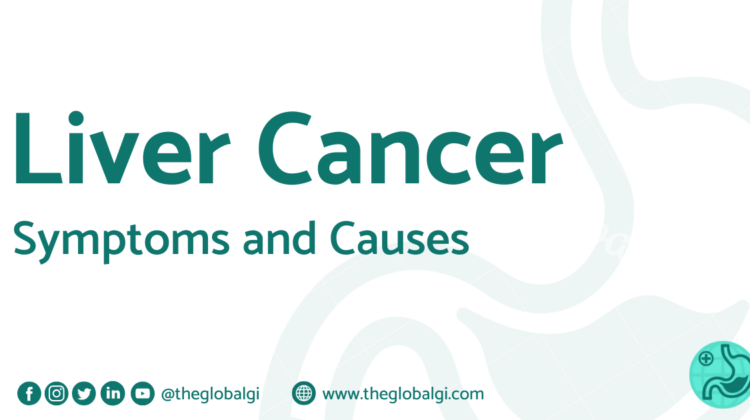
Liver Cancer: Symptoms and Causes
Understanding Liver Cancer: What You Need to Know
Your liver is an amazing organ – think of it as your body’s natural filter and processing plant, working tirelessly to keep you healthy. But when liver cancer develops, it disrupts this vital guardian of your health. Let’s explore what you should know about this serious condition.
What Makes Liver Cancer Concerning?
Liver cancer has become one of the most common cancers worldwide, affecting millions of lives. What makes it particularly challenging is that it often works in silence – many people don’t notice any signs until the disease has advanced significantly.
Warning Signs to Watch For
Your body may send these signals if liver cancer is present:
- Feeling unusually tired all the time, even with enough rest, combined with unexplained weight loss – this could be your body’s way of telling you something isn’t right.
- A yellowing of your skin and eyes (jaundice), which happens when your liver isn’t functioning properly and can’t filter waste products effectively.
- Discomfort or pain in your upper right abdomen, where your liver sits, might indicate that something needs medical attention.
- Persistent itching across your body and darker urine than usual could be signs that your liver needs checking.
What Puts You at Risk?
Several factors can increase your chances of developing liver cancer:
- Viral infections like hepatitis B and C can damage your liver over time if left untreated. These infections are particularly common in Asia, but they can affect anyone.
- Regular heavy alcohol consumption can harm your liver, making it more susceptible to cancer.
- A condition called fatty liver disease, which can develop even in people who don’t drink alcohol, especially if they have obesity or diabetes.
Taking Action
The good news is that many liver cancer risk factors are preventable. Here’s what you can do:
- Get vaccinated against hepatitis B and tested for hepatitis C if you’re at risk.
- Maintain a healthy lifestyle with moderate alcohol consumption and a balanced diet.
- Have regular check-ups with your healthcare provider, especially if you have any risk factors.
Remember: Your liver works hard to keep you healthy, and it deserves your attention and care. If you notice any unusual symptoms, don’t wait – speak with your healthcare provider. Early detection and prevention are your best allies in maintaining liver health.


